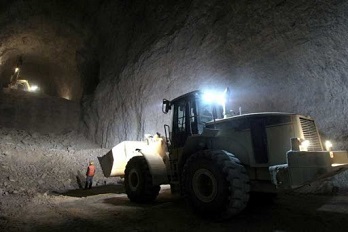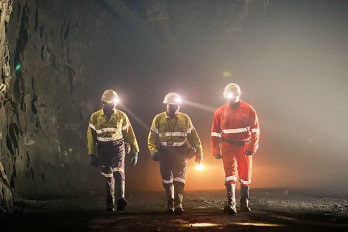Manchester Collieries

Company Location
Company Description
The constituent companies of Manchester Collieries in 1929 were Fletcher, Burrows and Company who owned the Howe Bridge, Gibfield and Chanters Collieries in Atherton, Andrew Knowles and Sons, the Clifton and Kersley Coal Company, John Speakman and Sons owners of Bedford Colliery in Leigh, Bridgewater Collieries who operated pits in Little Hulton, Walkden and Mosley Common and the Astley and Tyldesley Collieries Company who had pits in Astley and Tyldesley.
Manchester Collieries was a coal mining company based in the city of Manchester, England. Established in the late 19th century, the company operated several collieries in the area and was one of the largest coal producers in the country. The company was founded by John B. Goodwin and George W. Cottam in 1891 and began operations at the Cottam Colliery near Manchester. In the following years, the company opened several other collieries in the region, including the Astley Green Colliery, the Moston Colliery, and the Stalybridge Colliery.
The company was known for its innovative approach to coal mining, introducing new technologies and techniques to increase efficiency and reduce costs. Manchester Collieries was one of the first companies to introduce mechanized coal cutting machines, which allowed miners to work faster and with greater precision. The company also employed a number of safety measures to protect its workers, including the use of electric lighting and ventilation systems in the mines.
The company was highly profitable throughout its history, and it continued to expand its operations in the early 20th century. By the 1930s, Manchester Collieries was the largest coal producer in the country, with over 1,400 employees and a total production of nearly 3 million tons of coal per year. The company continued to operate until the late 1960s, when the increasing demand for oil and natural gas led to the decline of the coal industry in the UK.
Today, the legacy of Manchester Collieries is remembered through the many historical sites in the region, including the Astley Green Colliery Museum, which is dedicated to preserving the history of the company and its miners. The company also left behind a rich cultural heritage, with many of its former employees becoming prominent figures in the local community. Manchester Collieries was an important part of the industrial history of the city and its influence can still be felt today.
Related Companies:

















